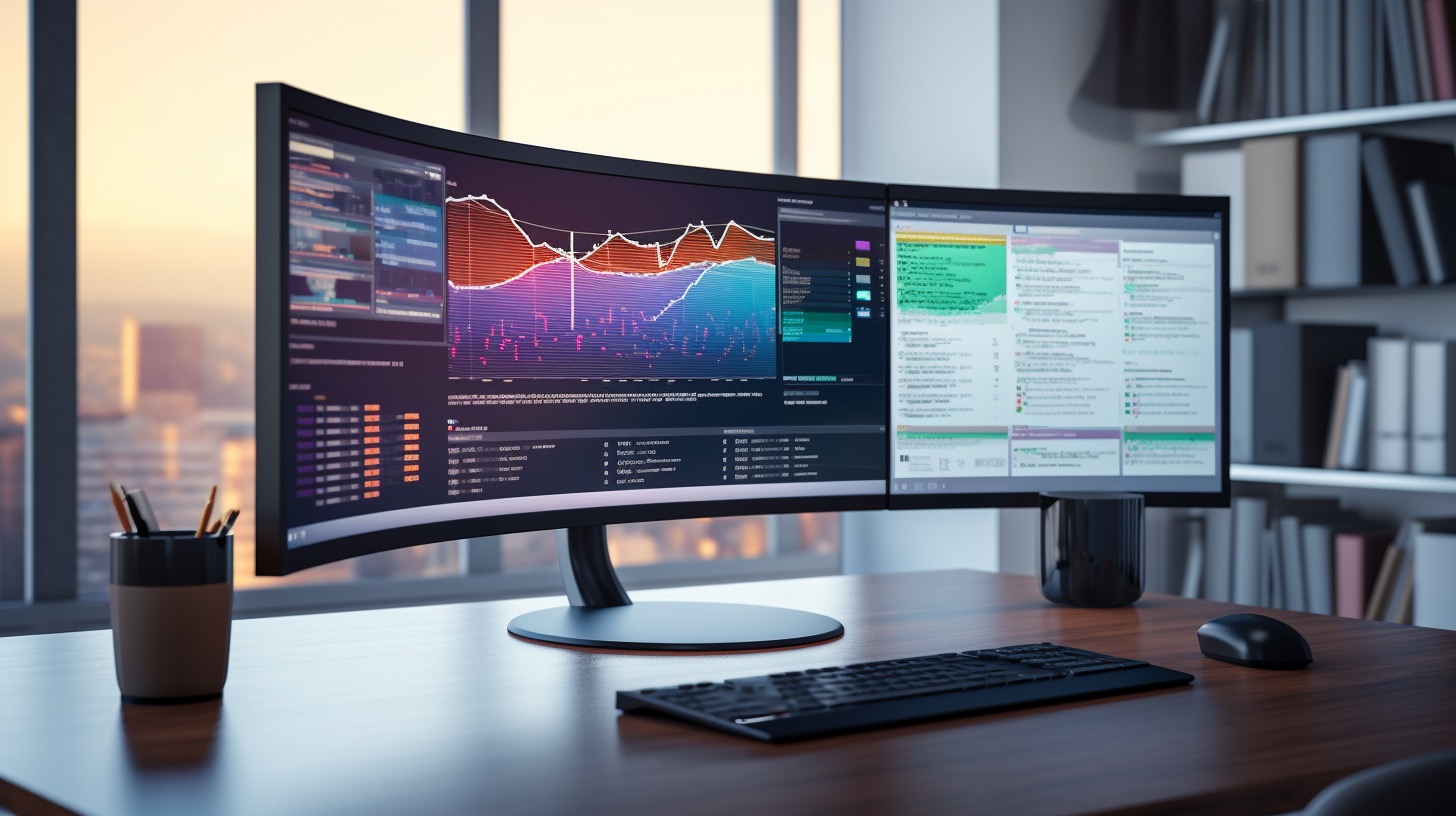Emergence of AI PCs as Dominant Market Force by 2025
The PC industry is undergoing a significant transformation with the arrival of AI-powered PCs. Research by Canalys anticipates a surge in distribution of AI PCs in 2024, with these units expected to dominate the market by 2025, accounting for over half of total PC sales by 2026, and rising to 60% by 2027. Morgan Stanley further predicts that AI PCs will be key in accelerating market growth, with a predicted market penetration of 65% by 2028.
AI Application Value Key to Popularization and Adoption
The true potential of AI PCs hinges on their applications and the tangible benefits they bring to consumers and enterprise users alike. As Tracy Tsai, Vice President of Research at Gartner notes, the proliferation of locally-run AI applications is key, powered by both commercial and open-source small language models.
Reimagining the Role of Computers in the New Age
Satya Nadella, CEO of Microsoft, announced a new paradigm where computers not only understand us but also anticipate our needs. In defining an AI PC, characteristics include having a Neural Processing Unit (NPU) capable of performing simple to complex computations. IDC China’s senior research manager, Chen Shuxin, envisions AI PCs assisting users across various spheres – work, life, and learning. These devices are expected to evolve in areas such as 3D interaction and biometric recognition.
Redefinition of AI PCs by Industry Leaders
Lenovo Chairman and CEO Yuanqing Yang offers a stricter definition of AI PCs which includes running compressed large models and intelligent agents for natural language interaction, heterogeneous computing, building personal information databases, rich AI applications, and data protection mechanisms. Microsoft defines AI PC as a novel class leveraging CPU, GPU, and NPU chips which enhance productivity, creativity, and security.
Chip Manufacturers Race to Leverage AI PC Potential
The PC industry sees AI PCs as a breakthrough to revitalize the market amidst declining shipments. Chipmakers like NVIDIA, Intel, Qualcomm, and AMD are at the forefront of developing processors to meet AI demands. The Snapdragon X series processor by Qualcomm, unveiled in Microsoft’s latest PC release, has been highlighted for its efficiency and capability to significantly extend battery life.
With predictions indicating nearly 60% of all PCs will be AI-powered by 2027, PC manufacturers view AI PCs as a pivotal driver of growth and a compelling upgrade incentive for users. HP CEO Enrique Lores forecasts that AI PCs will account for a substantial portion of PC shipments in coming years, and companies are beginning to recognize the value in upgrading to AI-enabled computers. As the ecosystem matures, developers and PC manufacturers are increasingly innovating AI PCs tailored to specific market needs, exceeding traditional limitations and enhancing the AI functionality embedded in devices, while government AI regulations could also help support enterprise adoption by defining data privacy and risk management guidelines.
Most Important Questions and Answers Associated with AI PCs
1. What are AI PCs?
AI PCs are computers enhanced with artificial intelligence capabilities through specialized hardware like Neural Processing Units (NPU), offering improved performance in areas such as language processing, image recognition, and decision-making.
2. How will AI PCs impact consumers and enterprises?
AI PCs will provide users with more intuitive interfaces, personalized experiences, and efficient workflows. For enterprises, they promise greater productivity through automation and advanced analytics capabilities.
3. What is the estimated market adoption of AI PCs?
Research indicates that by 2025 AI PCs will begin to dominate the PC market, with predictions of making up 60% of total PC sales by 2027.
Key Challenges and Controversies
1. Data Privacy and Security: Incorporating AI into PCs raises concerns over user data privacy and security. The potential for data breaches or misuse is a significant challenge requiring robust protection mechanisms.
2. Ethical Considerations: The deployment of AI systems in PCs opens up ethical questions such as the potential for bias in decision-making algorithms, which could have social implications.
3. Cost Implications: The development and integration of AI capabilities could lead to increased costs for consumers, though this may be offset by the productivity gains and other benefits provided by AI PCs.
Advantages and Disadvantages of AI PCs
Advantages:
– Enhanced User Experience: AI PCs can provide personalized and anticipatory interactions, improving user satisfaction.
– Increased Productivity: AI functionalities can automate routine tasks and optimize workflows.
– Innovation in Various Spheres: AI PCs can revolutionize work, entertainment, and education through advanced applications like 3D interaction and biometric recognition.
Disadvantages:
– Cost: Advanced hardware and software may result in higher prices for AI PCs.
– Privacy Concerns: With AI capabilities, there is an increased risk of data privacy breaches.
– Technological Unemployment: Widespread automation and AI capabilities could lead to job displacement in certain sectors.
Related Links:
For further information on AI and technological advancements, visit the websites of key industry players and research organizations:
– Microsoft
– NVIDIA
– Intel
– Qualcomm
– AMD
– Gartner
– Canalys
It is important to evaluate these sources to understand the broad spectrum of AI’s impact on the PC market and society as a whole. The links provided are to the main websites of the respective companies and research institutions, which are considered to be reliable sources of information as of the current date.
The source of the article is from the blog girabetim.com.br
